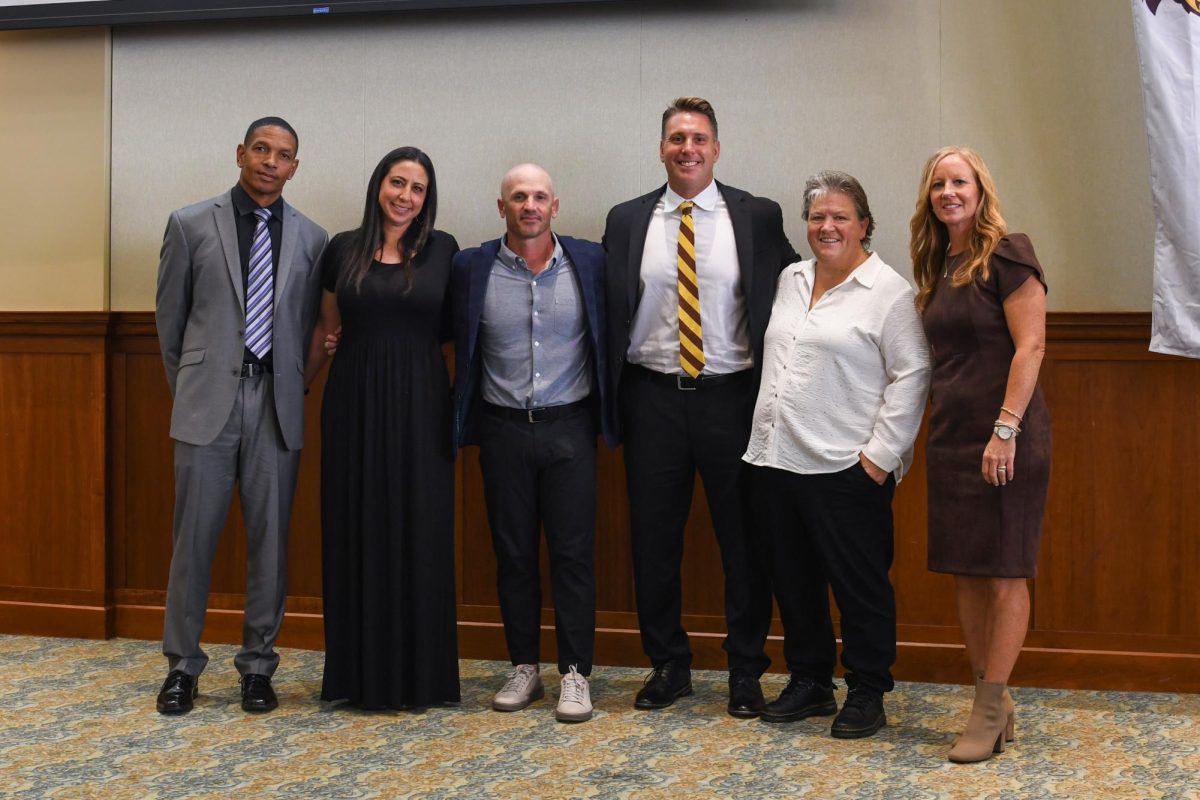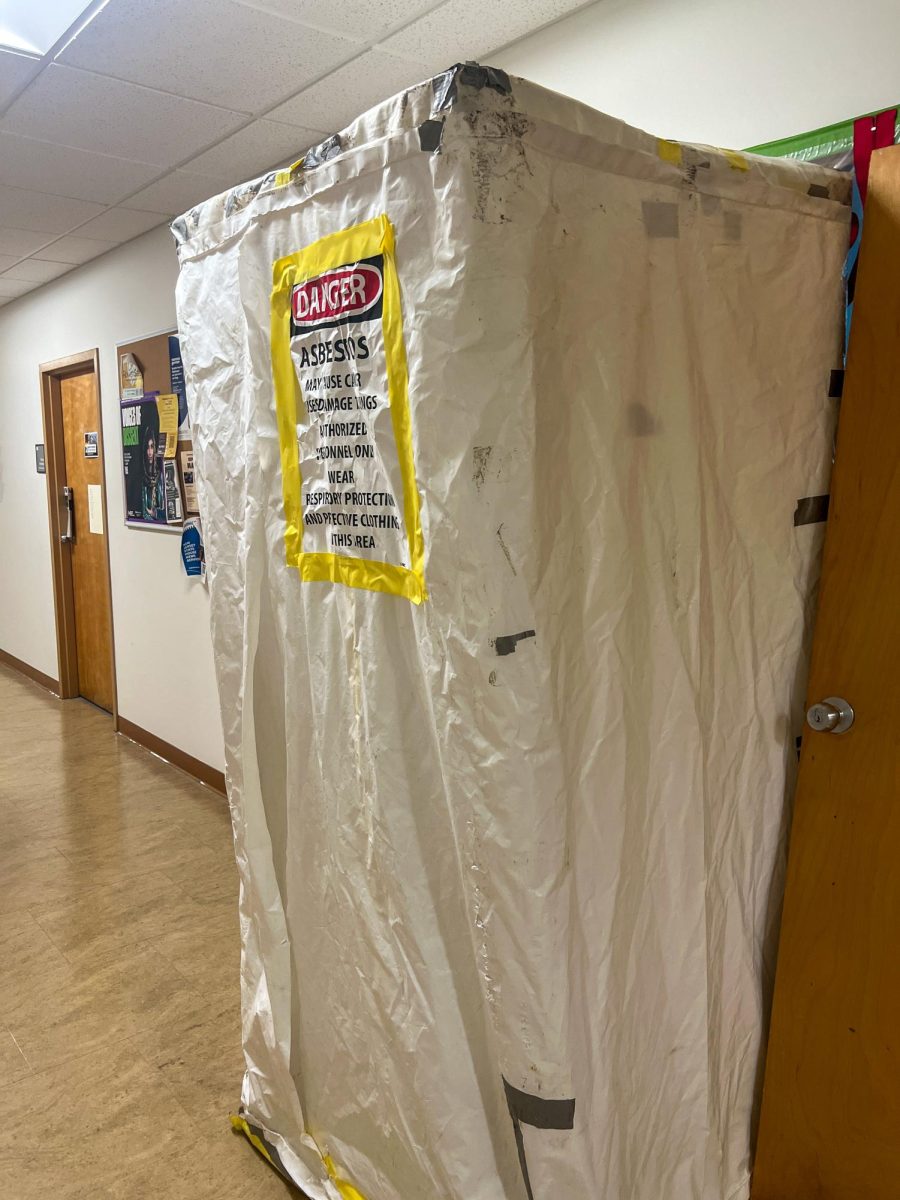The state of New Jersey passed legislation that will require K-12 students to be educated on the subject of media literacy. Governor Phil Murphy signed the legislation into law on Jan. 4 of this year, with the aim to help students acquire the necessary skills to understand and critique media of all forms effectively.
Rowan University recently added the course, News Media Literacy, in the fall semester of 2022. The course, designed by professors Nick Diulio and Emil Steiner, was developed in response to the rise of social media and the false information that it can breed.
“Prior to that, it seemed like we were kind of just dropping kids into this media ocean and saying ‘learn how to swim.’ And that’s not responsible and I think this is a step in the right direction,” DiUlio said. “We’re seeing all the negative effects, the downstream negative effects of a generation growing up without any kind of media literacy education and it runs the gambit.”
Media Literacy Now is a nonprofit, nonpartisan group devoted to instilling critical thinking education in schools around the country.
Olga Polites, the leader of the New Jersey chapter of the nonprofit Media Literacy Now told the Whit that the bill was first proposed in 2017 by Assemblyman Daniel Benson. Six years later it has been passed through assembly and the senate.
In a 2022 survey, the Media Literacy Now organization conducted in collaboration with the Reboot Foundation, researchers found that only 38% of respondents reported learning how to analyze media in high school, while 62% reported having no opportunity to reflect on how messaging in the media they consumed impacted their own beliefs and values. 84% of those surveyed reported support for such requirements in schools.
The new law, S588, the information Literacy Standard bill is the first in the nation of its sort.
“So what will happen is, the state will now convene a group of people, that involves librarians and other educators and experts, and they will write the standards, and then they will hold public hearings so there is feedback from the community. And at some point after that, they will be adopted,” Polites said. “It’s a great step forward. It will ensure that students will learn the critical thinking skills necessary to become confident media consumers and creators.”
Polites hopes that New Jersey’s law will push other states to teach their students media literacy.
“Hopefully, it will start a trend and other states will do the same by recognizing how important it is for students to learn. It’s like learning to read and learning how to do arithmetic, they’ll learn how to do it with information,” said Polites.
The Whit spoke to Emil Steiner, a professor of News Media Literacy at Rowan University about the vital part education plays in our contemporary media environment.
“I believe personally that it’s important for people of all ages, and the younger you can start with media literacy, I think, the better,” said Steiner. “Here at Rowan, we felt that it was an integral part of journalism, but also the Sports Communications and Media program… Anybody with a phone can be a reporter now, so being able to navigate all that content that’s being sent at us nonstop is vital”
Joe Carr, a Media Literacy Now volunteer who has partially retired from his position as an executive at Cisco Systems, compared the Open Society Institute’s 2021 Media Literacy Index with data from nine other nations across the globe and found that the United States only ranks No. 15 of the 44 countries that were surveyed and studied overall.
Similarly, the nonprofit organization Reporters Without Borders also ranks the US as 42nd in terms of press freedoms around the world based on a variety of factors.
“We’re swimming in media all the time, and all forms of it and I can’t imagine growing up these days without some kind of education in that,” said Nick DiUlio, who co-created the News Media Literacy course for the university and now teaches the class to several students.
Technology and media has grown rapidly over the years — and as with all subjects, it is imperative that students, K-12, receive fair education with the tools they need to prosper. As the media grows, media literacy is important, hence the valuable addition to the NJ education curriculum.
For comments/questions about this story tweet @TheWhitOnline or email [email protected]





































































































































































































